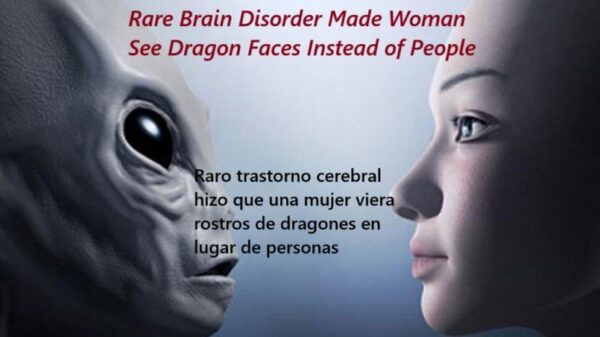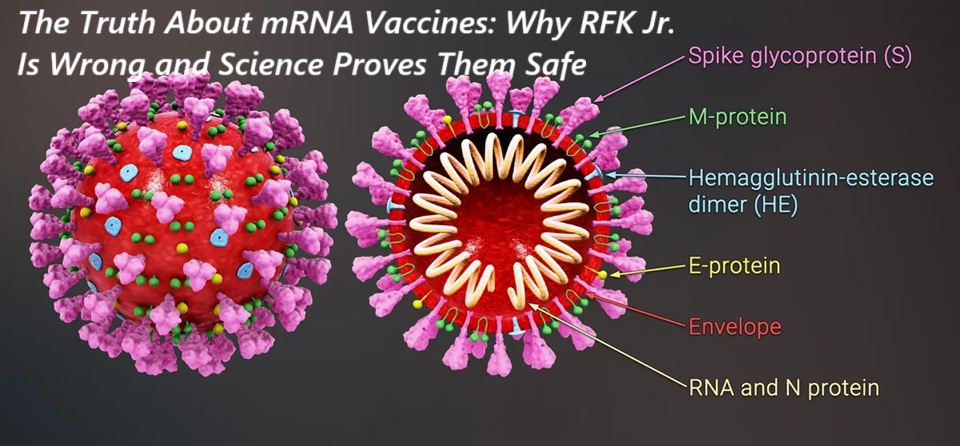RFK Jr. and the Truth About mRNA Vaccines
In recent months, Robert F. Kennedy Jr., the U.S. Secretary of Health and Human Services, has made strong claims about the dangers of mRNA vaccines. He cut $500 million in funding for mRNA research, saying that these vaccines are unsafe and ineffective. Scientists and public health experts disagree, stressing that his statements are misleading and could harm future health policy.
Are mRNA vaccines dangerous?
Kennedy often says that mRNA vaccines cause severe side effects and even death. But there is no scientific evidence to support this. In fact, studies show that mRNA vaccines greatly reduce the risk of hospitalization and death from COVID-19.
What about spike proteins?
Anti-vaccine arguments often point to the virus’s spike protein, which can damage tissue when produced in large amounts during infection. mRNA vaccines make the body produce a very small, controlled amount of spike protein. This trains the immune system without causing harm, and also prevents the virus from making far larger amounts.
Side effects like myocarditis
Yes, myocarditis (heart inflammation) is a rare side effect, especially in young men after a booster. But it is much more common after COVID-19 infection itself. People who get myocarditis from the vaccine usually recover faster and have fewer complications than those who get it from the virus.
Do vaccines create resistant variants?
Viruses naturally mutate when they replicate. Both mRNA and traditional vaccines slow replication and therefore reduce mutations. mRNA vaccines are not creating stronger or more dangerous versions of the virus.
Are they effective against variants?
mRNA vaccines remain effective against severe illness, even when new variants appear. They can be updated quickly—within 2–3 months—something traditional whole-virus vaccines cannot do. This speed is crucial if another pandemic emerges.
The future of mRNA technology
mRNA vaccines are not limited to COVID-19. Researchers are developing them for flu, HIV, cancer, and even autoimmune diseases. Improvements are being made to reduce side effects and make them easier to distribute. Many scientists believe that abandoning this technology could slow progress and cost lives.
In short: mRNA vaccines are safe, effective, and adaptable. Rejecting them based on false claims risks leaving us unprepared for future health crises.




























